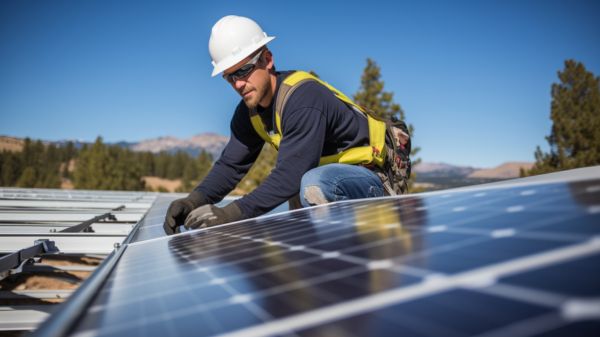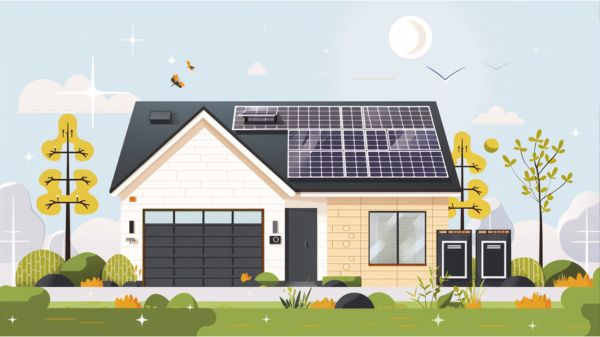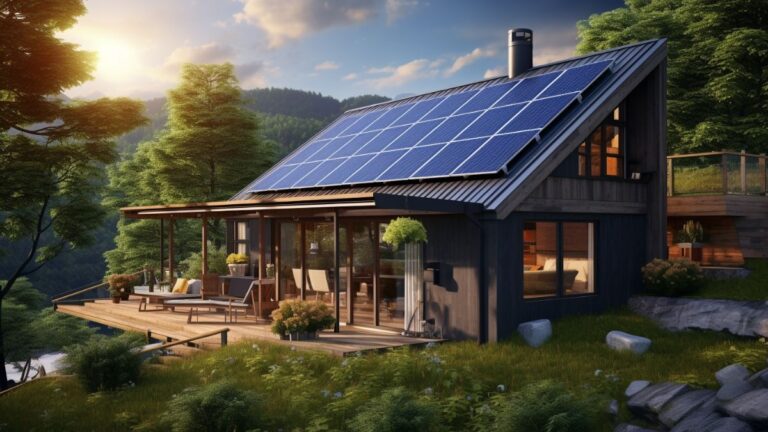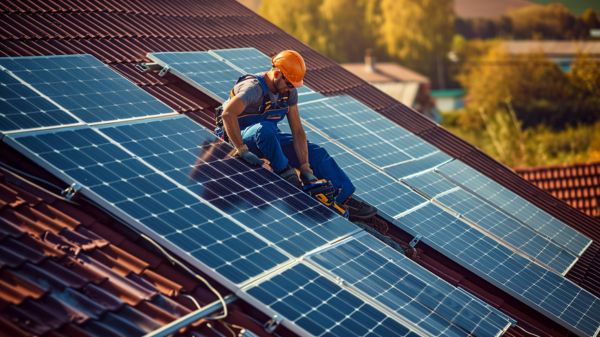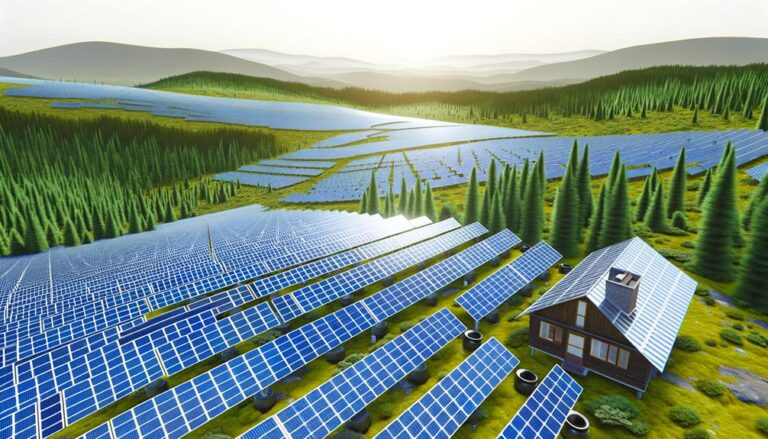Ultimate Guide to Residential Solar Installation
Are you ready to join us on an electrifying journey to harness the extraordinary power of solar energy?
Get ready to be blown away as we unveil the game-changing benefits of residential solar installation.
From jaw-dropping cost savings and mind-boggling incentives to a brighter, more sustainable future for your home, solar power is a force to be reckoned with.
So buckle up, folks, and let’s embark on this electrifying adventure together!
Cost Savings and Incentives
How can we maximize our cost savings and incentives when installing residential solar panels?
Well, let’s talk about solar panel financing and government incentives.
When it comes to financing, there are several options available. You can choose to buy the panels outright, which allows you to take advantage of the investment tax credit (ITC) and other state tax credits. These incentives can significantly reduce the overall cost of your purchase.
Another option is leasing, but keep in mind that it doesn’t qualify for the same incentives as owning the system.
Now, let’s talk about government incentives. These can include cash rebates, solar renewable energy certificates (SERCs), and performance-based incentives (PBI). These incentives can further reduce the cost of your solar installation.
Environmental Impact
Solar panels have a significant environmental impact, reducing carbon dioxide emissions by 300 pounds per kilowatt of power produced. This means that by installing solar panels, you can make a real difference in reducing greenhouse gas emissions and combating climate change.
But that’s not all! Solar panel benefits go beyond carbon reduction. Here are four more ways solar energy positively impacts the environment:
- Solar panels prevent the burning of 150 pounds of coal per kilowatt of power produced. This helps reduce air pollution and the release of harmful toxins into the atmosphere.
- Solar panels save 105 gallons of water per kilowatt of power produced. With increasing water scarcity, this is a significant contribution to conserving this precious resource.
- Solar power helps improve air quality by reducing emissions of nitrous oxide, sulfur dioxide, and particulate matter. Fresh air and blue skies? Yes, please!
- Solar panels generate no noise pollution. Say goodbye to the annoying hum of traditional power sources and embrace the peaceful silence of solar energy.
With these renewable energy impacts, it’s clear that solar panels not only benefit your pocket but also Mother Earth. So, let’s harness the power of the sun and make a positive change for our planet.
Home Value
When it comes to residential solar installation, one can’t underestimate the impact it can have on the value of our homes. The increase in property value depends on factors such as location, current home value, and installation size.
In California, a 5-kilowatt system can increase property value by $4 per watt, while elsewhere in the U.S., the increase is $3 per watt. On average, every kilowatt of solar installation can add $5,911 to the property value.
Not only does installing residential solar panels increase marketability, but it also attracts potential buyers who appreciate the cost savings and environmental benefits.
Security
As we delve into the topic of security in residential solar installation, it’s important to highlight the peace of mind that comes from having a consistent source of energy, ensuring uninterrupted access to electricity during power outages.
With solar panel reliability, you can trust that your system will continue to generate power as long as the sun is shining. This eliminates the need for backup energy sources like generators, which can be noisy, expensive, and require constant maintenance.
Solar power isn’t controlled by any company, ensuring independence and reliability. Once you make the investment in a home solar system, you can enjoy the benefits of natural energy without any additional costs.
DIY Installation Vs Professional Installation
To dive into the pros and cons of DIY installation vs professional installation, let’s explore the benefits and considerations of each approach.
When it comes to DIY installation, there are certainly some perks to consider. Firstly, you can save up to 10% of the total cost by avoiding professional installation fees. Additionally, DIY installation allows for flexibility in choosing equipment and system components. It also provides an opportunity to learn new skills and techniques during the installation process. Moreover, you have complete control over the entire installation process, giving you a sense of satisfaction in completing a DIY project.
On the other hand, hiring professional installers offers a range of benefits. They bring valuable experience and expertise to ensure a smooth installation. They also provide high-quality equipment and warranty coverage for added peace of mind. Professional installers ensure compliance with regulations and safety standards. Furthermore, they can offer faster installation compared to DIY, and you may even be eligible for additional discounts and incentives through local solar companies.
Conclusion
To wrap up our exploration of DIY installation vs professional installation, let’s now delve into the conclusion of this comprehensive guide.
In conclusion, there are several key benefits of solar power in residential areas. Not only can it save you tens of thousands of dollars over the system’s lifetime, but it also offers cost savings through incentives like net metering and the investment tax credit. Solar power has a significant positive impact on the environment, reducing carbon emissions and improving air quality. Additionally, it can increase the value of your home and provide a reliable source of energy during power outages.
Before installing solar panels, it’s important to take steps such as researching permits and incentives, as well as considering the option of professional installation for its expertise and warranty coverage. The decision ultimately depends on your preferences, budget, and willingness to embark on a DIY project.
Conclusion
As we conclude this enlightening journey into the world of residential solar installation, let’s remember that solar power isn’t just about cost savings and environmental benefits.
It symbolizes our commitment to a brighter, more sustainable future. By embracing the power of solar, we aren’t only transforming our homes into energy-efficient havens, but we’re also unlocking the potential for a cleaner and greener world.
So, let’s harness the power of the sun and shine a light on a better tomorrow.
